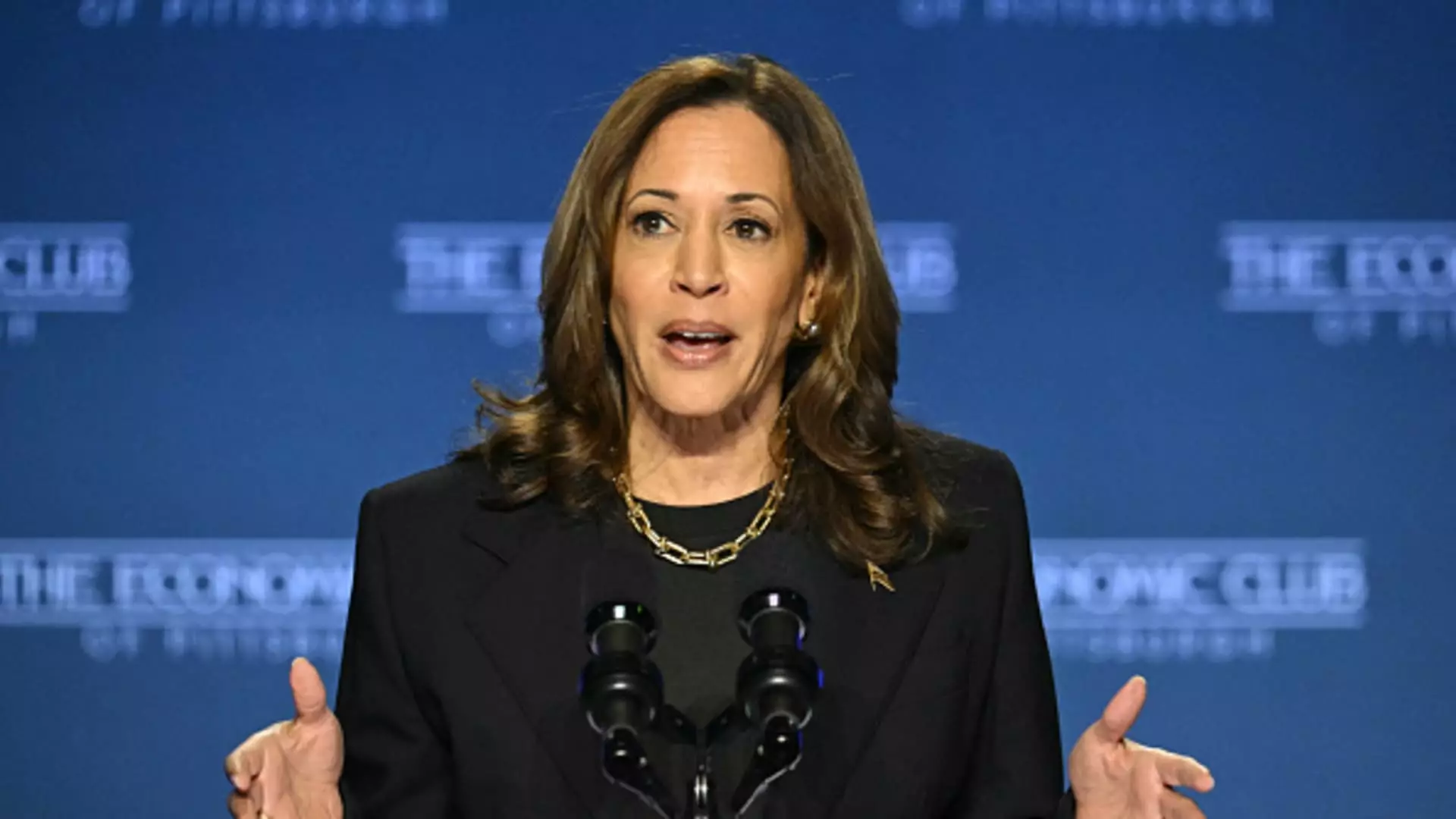In the lead-up to the upcoming election, a recent UBS survey has revealed intriguing insights into the political inclinations of millionaire investors, a demographic with at least $1 million in investable assets. While a substantial majority appear poised to support Vice President Kamala Harris, many provide a more favorable evaluation of former President Donald Trump’s economic policies. This paradox underlines the complexities of voter sentiment among the affluent class, revealing an intricate relationship between political allegiance and economic performance perceptions.
The survey reported a striking 84% of millionaire investors identifying the economy as their paramount concern in the electoral process. Following economic issues, priorities include Social Security (71%), taxes (69%), and immigration perspectives. These findings underscore a common theme among affluent voters: while their political preferences may staunchly favor one candidate, their economic evaluations indicate an acute awareness of fiscal policies and their potential impacts on wealth management and growth.
Interestingly, despite Harris enjoying robust support—57% intend to vote for her—investors grant Trump marginally higher ratings on economic management and tax policy. When asked to evaluate who is more capable of addressing economic concerns, the responses were relatively close, splitting at 51% for Trump and 49% for Harris. This slight edge for Trump reflects a lingering trust in his previous administration’s economic strategies, particularly among Republican millionaires.
The survey also exposed stark contrasts in views on taxation. Trump’s endorsement of extending the 2017 tax cuts resonates with many, especially those in higher tax brackets who stand to benefit from such policies. In comparison, Harris has proposed to limit these cuts to individuals earning less than $400,000 while also advocating for elevated tax rates on the wealthy and corporations. This divergence illustrates the potential anxieties among millionaire investors regarding tax reforms, which could impact their overall financial health and investment strategies.
Despite a divided political landscape, it’s noteworthy that a strong 55% of respondents express high confidence in the current economic climate—an increase from 43% during the tumultuous atmosphere of the Covid-19 pandemic in 2020. Such optimism is pivotal when viewing the upcoming elections, as it suggests that millionaires are more resilient and hopeful regarding investment opportunities. Furthermore, three-quarters of these investors anticipate bolstering their portfolios in response to electoral outcomes, hinting at adaptive strategies based on projected policy changes.
The potential outcomes of the election signal divergent investment strategies. Should Trump secure another term, affluent investors are eyeing defense and energy sectors as promising avenues. Conversely, if Harris takes office, there is strong interest in health care, sustainable investments, and technology stocks. This pre-election market maneuvering emphasizes the adaptive nature of millionaire investors, who remain acutely aware of how political tides can shape market dynamics in the near future.
The UBS survey offers a fascinating glimpse into the mindset of millionaire investors, revealing how political preferences intertwine with economic evaluations and investment decisions. This duality points to the complexity of voter behavior among the wealthy, where economic policies reign supreme despite party alignment. As the election approaches, the focus on economic confidence and strategic investment adjustments will undoubtedly shape the trajectory of affluent investors’ actions in response to electoral results.

